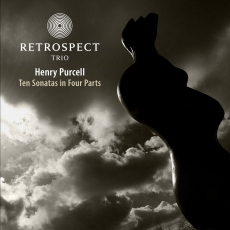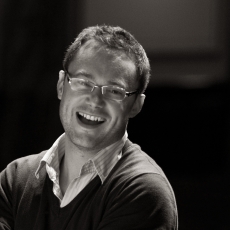Purcell: Ten Sonatas in Four Parts - BBC Online
It seems almost impossible now to imagine a time when the word "sonata" was a racy, new-fangled Italian invention, or when the idea of a violin playing solo rather than within an instrumental consort was close to indecent. Well, welcome to the London of Henry Purcell.
This recording marks the debut of the Retrospect Trio, an offshoot of the Retrospect Ensemble, the early music group known until recently as the Kings Consort. The aim of the trio - violinists Sophie Gent and Matthew Truscott, bass violist Jonathan Manson and harpsichordist Matthew Halls - is to explore the rich trio sonata repertoire of the seventeenth and eighteenth centuries.
The CD also marks the 350th anniversary of Purcell's birth, and a fitting tribute it is. These sonatas provide a wonderfully performed, fascinating snapshot of late 17th century English cultural life, and how Purcell operated within it.
London musical life in the 1680s had a whiff of controversy around it. While at court, French-style instrumental ensembles reigned supreme, elsewhere the traditional English consort style was in vogue. Meanwhile, various Italian violinists were also arriving in London, introducing the idea of the solo virtuoso violinist.
Opinion was polarised; the composer Thomas Mace scathingly talked of "scoulding violins", but others embraced the idea. Purcell, therefore, was stuck in the middle of a musical diplomatic conundrum; did he want to be a racy Italian, a courtly Frenchman, or a traditional Englishman? His decision was to plump for all three; the sonatas on this disc, published in 1697, two years after his death, show how he drew from all their sensibilities and styles whilst staying true to his own predilection for almost-shocking dissonance, intricate contrapuntal textures, and melodic invention.
Retrospect's debut performance combines this French grace, Italian vivacity, and British grit. Technically, the faster virtuosic sections are nimbly and neatly executed, and musically their beautiful shaping of the slower, chordal passages has yielded maximum emotional punch. With a sound this satisfying and addictive, they've set the bar very high for future recordings. Bravo.

